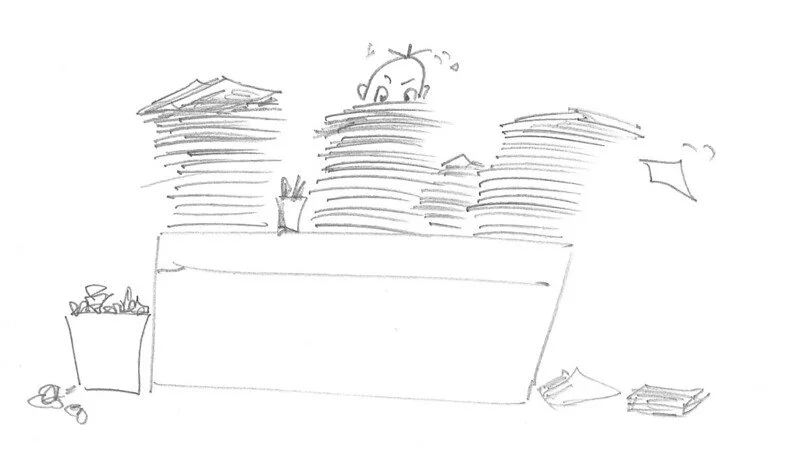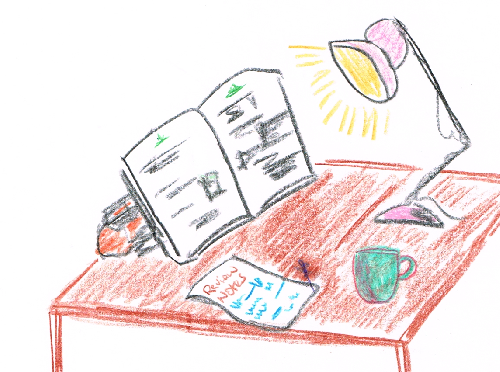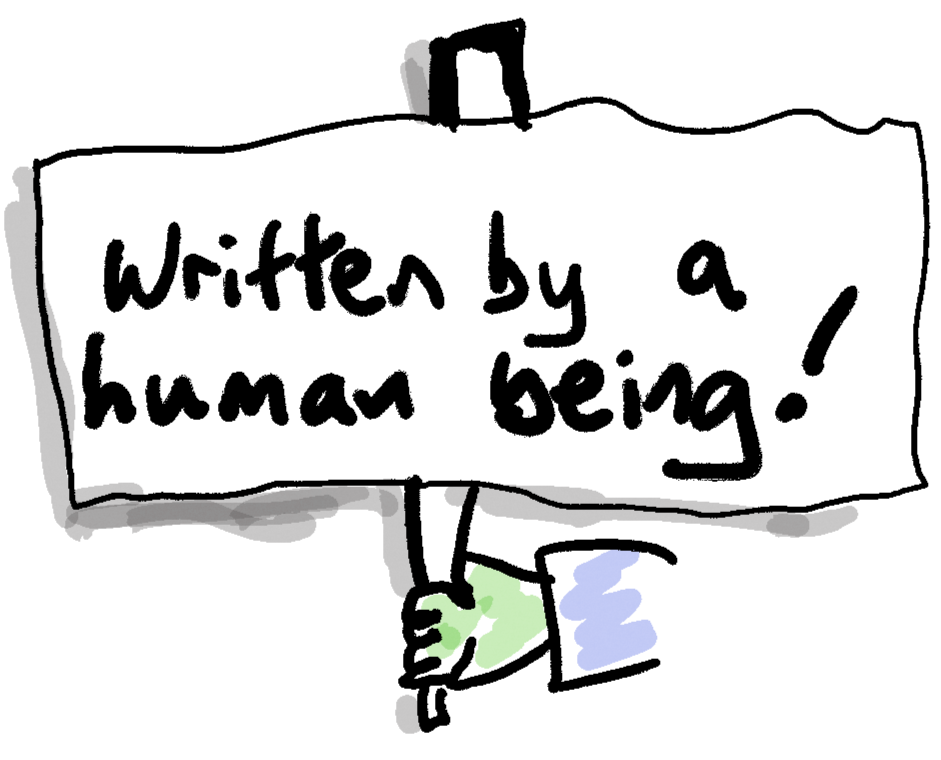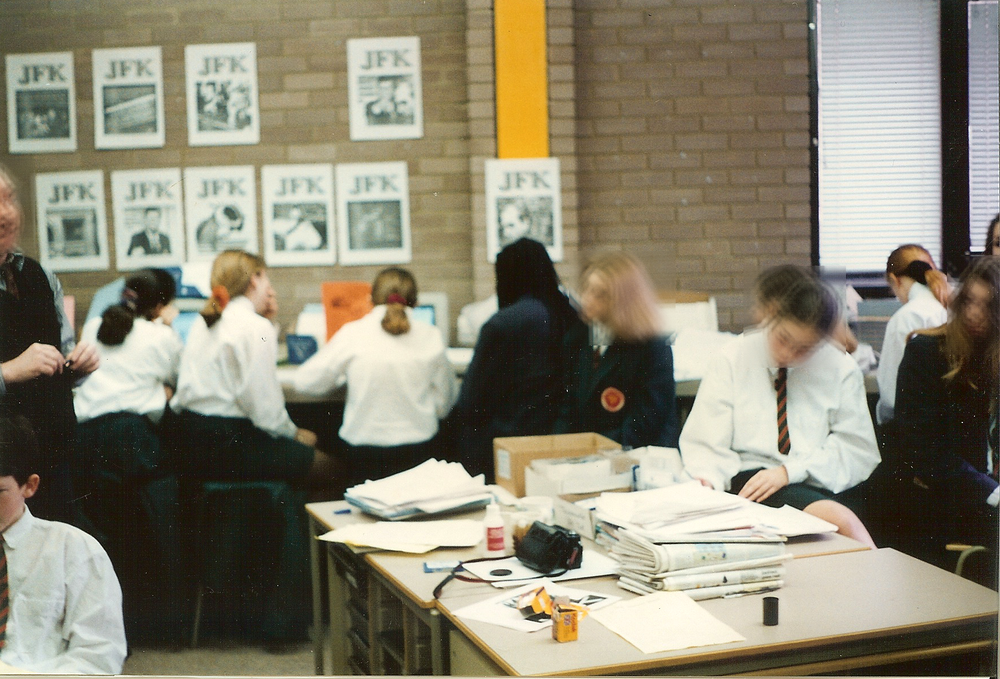Someone posted in a Facebook group recently that he thinks he's been ripped off. He was pretty sure that someone who had attended a training course of his had taken his materials and then run the training in their school. So, what can you do to lessen the chance of something like this happening to you?
Read Moreone classroom, no computers, by Terry Freedman
Computing for teachers – better late than never?
This is the text of an unpublished article. I wrote it in 1999 and sent it off to the education editor of The Daily Telegraph. He rejected it. Oh well. The article will give you some idea of the issues we, the teachers of computing and information technology, were grappling with.
Read MoreAll hype and no text
This article was originally published in, I think, 1998. I thought some people might find it interesting to read about what the department for education in England was trying to do back then in terms of providing resources for teachers, and the issues about it that I thought should be addressed.
Read More50 Ways to contribute to a website (Revised)
This a revised version of a previously-published article.
Read MoreQuick looks: Listen in: How radio changed the home
Back in the 1930s, radio was the cutting edge technology in the home.
Read More7 Ways to Involve Parents with Computing
Even the most technophobic adults can be persuaded to engage with their child’s IT studies.
Read MoreOld technology, by Terry Freedman
14 things to do with old IT equipment
Just because a laptop, tablet or printer isn't good for general or intensive use any more doesn't mean it cannot serve any purpose at all. Here are a few suggestions you may wish to consider.
Read MoreOn this day: Ode to Code
"I wonder if it's possible to write a poem about coding", I thought to myself. Well, it is, and here it is. First Chaucer, then Shakespeare, and now me. No doubt schoolchildren of the future will be studying this for their Eng Lit exams, but in the meantime you can read it here first! Enjoy.
Read MoreThe Value of Stating the Obvious
Do advertisers know something we don’t?
Read MoreOn this day: Manual labour: what's your documentation like?
Is your documentation well-written but useless?
Read More9 Expectations for Computing lessons
I don’t think rules, as commonly formulated, are very useful in the context of Computing lessons.
Read MoreBacklist: The Written World
Writing was invented ‘only’ a few thousand years ago. It’s a fascinating story.
Read MoreBacklist: What I'm reading: Bounce
What does it take to become an expert? And what can the Computing teacher do about it?
Read MorePhoto by Terry Freedman
6 routines for Computing lessons Revisted
Routines are good, because pupils know what to expect. They are able to predict what is going to happen, and when. Some pupils, whose home lives are chaotic and unpredictable, may even feel safe because of routines. Here are some routines that I think are useful for Computing lessons.
Read MoreA rubric for assessment? What a joke! Revisted
A lighthearted look at rubrics as a form of assessment.
Read MoreGraphic by Terry Freedman
Professional Development in Technology (Updated)
The key question to ask about anything in education is “So what?”. If you can’t answer that question truthfully and convincingly in terms of students learning outcomes, then why are you undertaking that activity?
Read MoreBacklist: The Fourth Education Revolution
The title of this book invites curiosity: what were the other three ‘revolutions?
Read MorePhoto by Terry Freedman
Understanding adult education
The theory of teaching adults is known as “andragogy” (as opposed to “pedagogy”, which refers to the teaching of children) and comprises four basic tenets.
Read MoreBlack and white sketch photo of Terry Freedman
Every so often my natural masochistic tendencies kick in and I feel compelled to respond to people on Linkedin.
Read More









